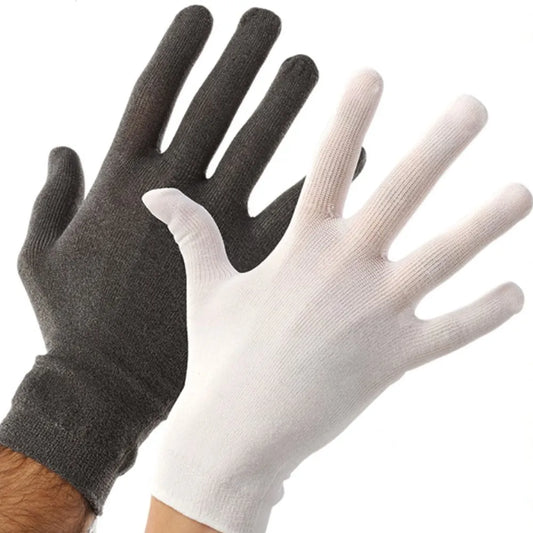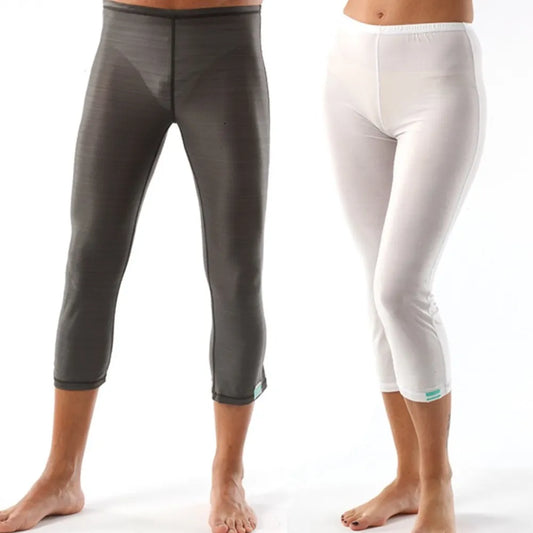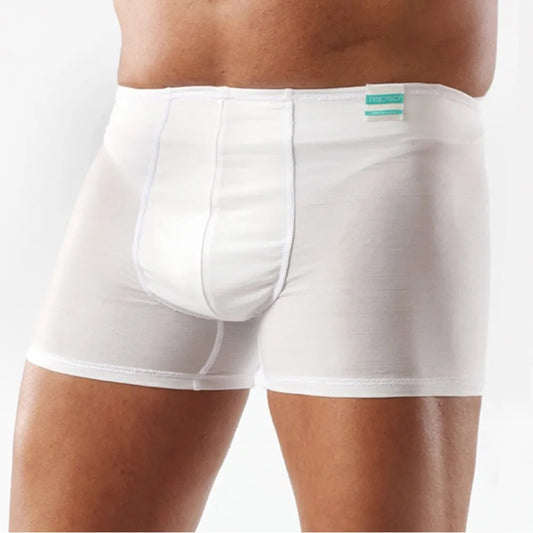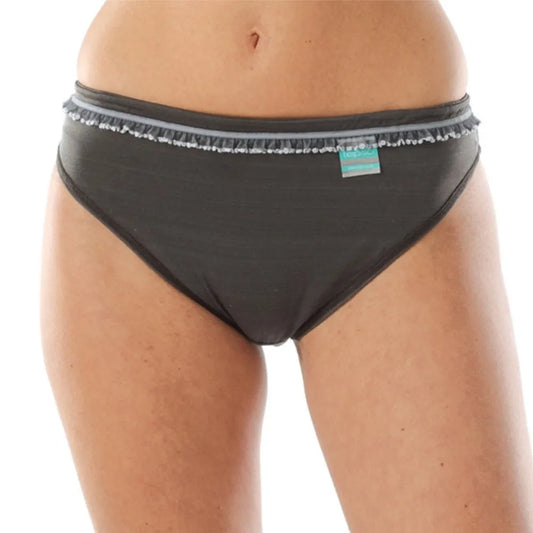While there is plenty of advice about which foods can trigger eczema flares, there is far less information available about what foods and nutrients can help help manage eczema. Here are our top foods that can you manage your eczema.
1) Bananas
Great news, this convenient and tasty snack is also great for eczema for most people. Bananas contain high levels of inflammation-fighting potassium. The high levels of potassium also mean that bananas are an alkaline fruit. A more alkaline diet is thought to support liver function, helping your body eliminate the toxins that are contributing to your eczema symptoms.
While bananas contain some amines, which can aggravate itching in some people, they also contain amine reducing magnesium and vitamin C. If your skin does appear to react to bananas, you may be sensitive to amines.
2) Papaya
Another great fruit for eczema sufferers. Papaya has been traditionally used in the treatment of various ailments including inflammatory conditions. It is rich in anti-inflammatory antioxidants; vitamin C, a natural antihistamine; and papain. Papain is an enzyme associated with reducing pain, inflammation and swelling. Early scientific studies suggests that papain does indeed help reduce inflammation with one study suggesting that it could work as well as or better than some anti-inflammatory drugs. If you can’t find papaya, pawpaw is a good substitute.
Like bananas, papaya and pawpaw contain amines but also plenty of vitamin C which should neutralise this risk for all but those most sensitive to amines. Both are low in salicylates, another possible eczema trigger.
3) Pears
Pears contain good levels of both vitamin K, which is used to help reduce the redness and swelling of inflammation; and, vitamin C which is useful in supporting liver function. Pears also have high levels of anti-inflammatory flavonoids, especially quercetin and kaempferol.
Pears contain low levels of salicylates which can aggravate eczema. They are also one of the few low acid fruits, eating low acid foods is thought to support good liver function.
4) Potatoes
While potatoes can be an eczema trigger in very rare instances, they are also a great source of vitamins and minerals including: vitamin C, vitamin B6 and magnesium (all good for liver function); potassium which fights inflammation and aids healing; and antioxidants
Potatoes should be peeled as the skin contains salicylates, a chemical that can aggravate eczema. That said, you may find that the ‘potato juice’ aggravates the eczema on your hands, meaning that peeling isn’t an option. In which case, cooking potatoes in their jackets is a practical solution. While you can buy peeled potatoes, these always have added preservatives which are known to aggravate eczema in around half of eczema sufferers.
5) Fish
Fish contains a range of different nutrients including omega-3, protein, and vitamin D. Omega-3 fatty acids reduce inflammation by inhibiting the production of inflammatory substances, such as leukotriene B4, which are known to play a role in eczema. Vitamin D helps to manage immune responses within the body such as inflammation as well as to promote a stronger skin barrier. Salmon is a great option is it is especially rich in omega-3 oils. Cod and pollock, typically fish finger ingredients, have much lower omega-3 levels.
While fish allergy is possible, it is relatively rare (less than 1 in 1000) and symptoms are typically oral although it can also affect the skin. Some fish, including salmon, sardines and trout, have high levels of amines, which can aggravate eczema so you’ll need to keep an eye on your skin after eating these fish. Hake, herring and bream all have low levels of amines. Amines increase over time, so make sure your fish is either frozen at sea or as fresh as possible.
6) Oats
Oats are well known as a great source of dietary fibre, but they are also a good source of Vitamin E, zinc, potassium, iron, manganese and silica. The vitamin E found in oats is an antioxidant that provides anti-inflammatory properties. Studies indicate that low zinc levels are commonly associated with eczema suggesting that improving zinc levels may reduce eczema symptoms. Potassium helps in reducing inflammation and supports liver function.
Oats also have the great advantage that they will keep you feeling full for longer, reducing the risk of unhealthy snacking.
7) Beetroot
As well as being rich in anti-inflammatory antioxidants, beetroot also contains high levels of betaine. Betaine aids in liver function, detoxification and cellular functioning within the body, it has also been shown to protect against fatty liver, a condition found in up to a third of eczema sufferers. Beetroots are also an alkalising vegetable, supporting liver function, to gain this benefit you should avoid beetroots packed in vinegar as the acidic vinegar neutralises the alkalising effect.
However, beetroot does contain moderate levels of salicylates, if your eczema seems to be aggravated by beetroot, it would be worth investigating this further.
8) Spring onions
Spring onions are a good source of vitamin K. Vitamin K is a strong antioxidant and has also been shown to be important in tissue renewal and cell growth. Spring onions (and to a lesser extent garlic) also contain flavonoids that convert to allicin when cut or crushed. Early research suggests that allicin is helpful in supporting good liver function, enabling the liver to process fats effectively. Allicin is destroyed by cooking, so spring onions are best eaten raw. Finely chopped, they make a great, crunchy garnish or you can use them as crudités with dips.
9) Mung bean sprouts
Mung bean sprouts are high in potassium and so are strongly alkalising, supporting liver function. They also contain vitamin K, vitamin C and magnesium. Magnesium helps to decrease stress and anxiety, which can aggravate eczema. It is important in the production of lipids, which protect the skin from irritants, and it suppresses the production of histamines, another eczema aggravator.
While you can buy mung bean sprouts, it’s much more fun (and cheaper) to sprout them at home. You can find instructions here.








